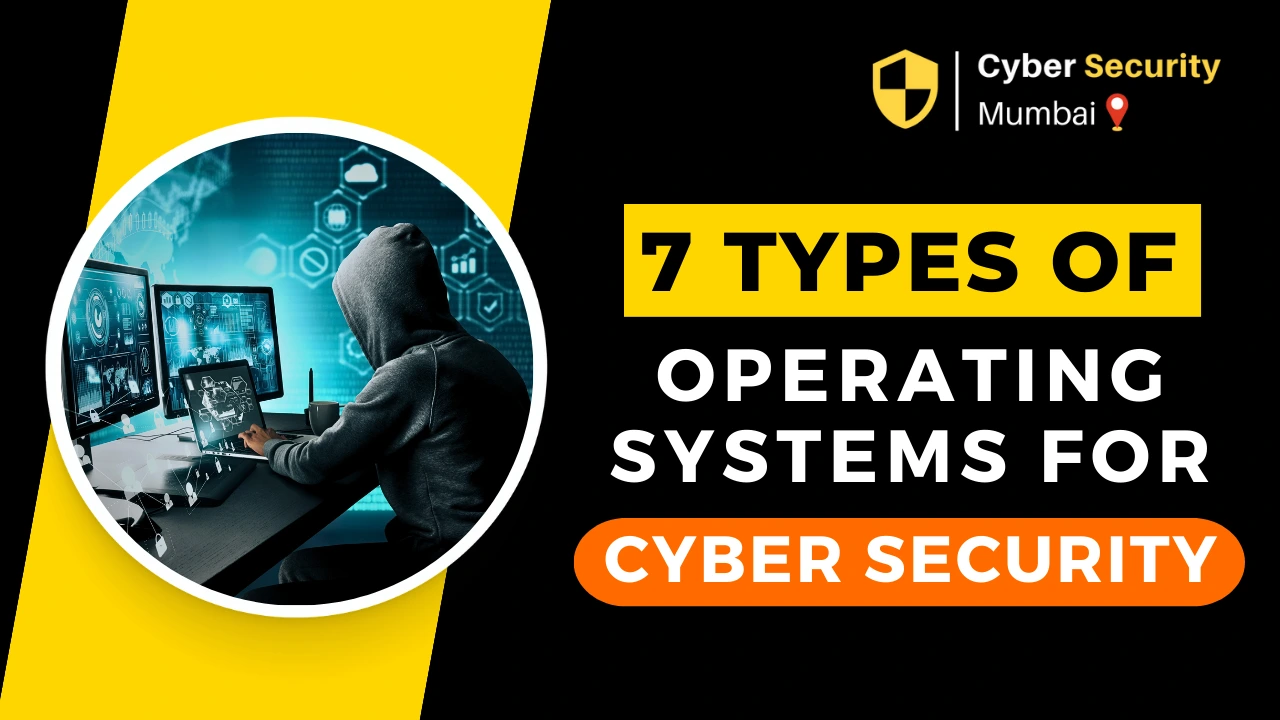Introduction
Hello and welcome back, fellow hackers, to another exciting article from yours truly. Today, we’re going to dive into the fascinating world of operating systems used in cyber security. From ethical hacking to red teaming and blue teaming, operating systems play a crucial role in keeping us safe and secure.
let’s dive right in and take a closer look at some of the most suitable operating systems used in cyber security tasks. Whether you’re a penetration tester, a bug bounty hunter, a malware analyst, or a reverse engineer, there’s an OS out there for you.
But that’s not all! We’ll also be exploring operating systems for incident response and forensic analysis, as well as radio frequency hacking, WiFi hacking, and even online anonymous work. So buckle up, folks, and get ready for a wild ride through the exciting world of operating systems and cyber security.
Question : Why we choose OS instead of tools ?
Ansewer: We prefer OS (Operating system) instead of tools, because, one particular OS contain lots of tools according to your task and comfort.
OS offers data storage, access, and security tools to handle the data effectively and guarantee security.

Types of Operating Systems Used In Cyber Security :
1. OS For Pentesting & Bug Bounty Hunting :
1. Kali Linux :
It is a Debian-based distribution that includes a wide range of security tools and applications, making it a valuable tool for penetration testing, digital forensics, and other security-related activities.
2. Parrot OS
Parrot OS is known for its lightweight design and high performance. It is available in multiple editions, including Home, Security, IoT, and Studio, each with its own set of pre-installed applications and tools
3. BlackArch Linux
It is a lightweight and customisation Linux distribution that includes over 2700 pre-installed tools and applications, making it one of the most comprehensive security-focused operating systems available.
4. Fedora Security Lab
Fedora Security Lab is available as a standalone operating system or as a security spin of Fedora. It includes a comprehensive set of security tools and applications, such as Wireshark, Nmap, Metasploit, and many others.
Also Read : The Best Ultimate Guide to Remote Hacking of Android Devices.
2. OS for Malware Analysis and Reverse Engineering
1. REMnux OS
It is a lightweight and customizable distribution that includes a variety of tools and applications specifically tailored for analyzing and dissecting malware samples.
2. Flare-VM
(This is not OS, this is basically powershell script for windows, which makes any windows OS into malware analysis lab.
It install all windows based malware analysis tools in one click)
3. OS for “OSINT” and Information Gathering
1. CSI Linux
CSI Linux, or Computer Security Investigation Linux, is a Linux-based operating system that is specifically designed for digital forensics, incident response, and computer security investigations.
2. Trace Labs OSINT VM
Trace Labs OSINT VM includes a variety of open-source tools for collecting and analyzing data from social media platforms, online databases, and other publicly available sources.
4. OS for Incident Response and Forensic Analysis
1. CSI Linux
CSI Linux, or Computer Security Investigation Linux, is a Linux-based operating system that is specifically designed for digital forensics, incident response, and computer security investigations.
2. CAINE OS
CAINE OS includes a wide range of tools and applications for digital forensics and incident response, such as disk imaging tools, memory analysis tools, and network analysis tools.
Also Read : Top 10 Ways To Protect Your Mobile from Hackers
5. OS for WiFi hacking
1. Wifislax OS
Wifislax OS is a Linux-based operating system that is designed for wireless security testing and analysis. It is a free and open-source distribution that includes a variety of tools and applications specifically tailored for these tasks.
6. OS for RF hacking (Radio Frequency Hacking)
1. Sigint OS
Sigint OS is a Linux-based operating system that is designed for signal intelligence (SIGINT) analysis. It is a free and open-source distribution that includes a variety of tools and applications specifically tailored for these tasks.
2. Skywavelinux OS ➛ (Downlaod)
SkywaveLinux is a Linux-based operating system that is designed for software-defined radio (SDR) enthusiasts. It is a free and open-source distribution that includes a variety of tools and applications specifically tailored for SDR.
7. OS for Anonymous work
1. Tails OS
Tails OS routes all network traffic through the Tor network, which encrypts and anonymizes the user’s internet traffic, making it difficult to track their online activity. . It is designed to leave no trace of the user’s activity on the device.
2. Whonix OS
Whonix OS is a privacy-focused operating system designed to provide users with a high level of anonymity while using the internet. It is based on Debian Linux and is specifically designed to run inside a virtual machine, providing an additional layer of security.
3. Qubes OS
Qubes OS uses a color-coded system to represent different security levels and isolates different domains from each other to prevent data leaks and reduce the risk of compromise. It also includes several built-in security features, such as full-disk encryption, secure boot, and a sophisticated firewall.
Conclusion :
In conclusion, we hope that this article has provided you with a valuable insight into the diverse world of operating systems used in cyber security. With so many different OS options available for various tasks such as penetration testing, malware analysis, incident response, and more, it’s important to choose the right one for your needs.
So, whether you’re a seasoned cybersecurity professional or just starting out in the field, we hope that this article has been helpful in guiding you towards the right operating system for your needs. Thanks for reading, and happy hacking!




